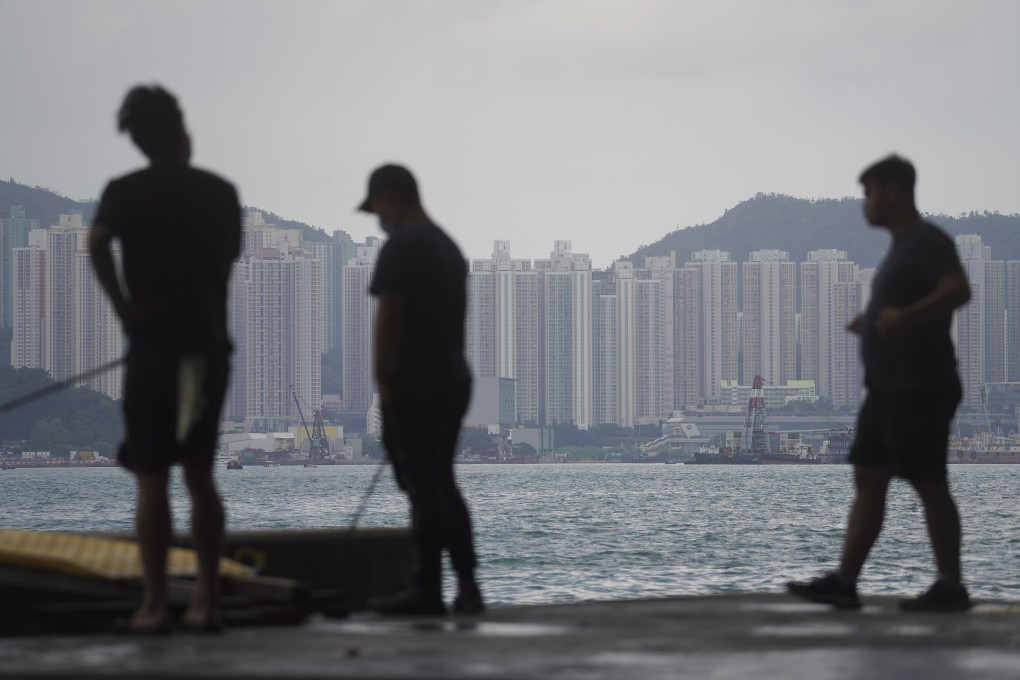Editorial | Decision to shelve plan for Hong Kong vacancy tax on flats raises questions
- By dropping one of the most practical short-term proposals to address a severe shortage of land and affordable housing, the government is sending a confusing message and risking the perception that it is bowing to pressure

One of the government’s most practical short-term proposals to address a severe shortage of land and affordable housing was a vacancy tax on flats left unsold or unrented for six months, unveiled two years ago by Chief Executive Carrie Lam Cheng Yuet-ngor. It was aimed at discouraging developers from hoarding empty properties to manipulate the market.
Officials finally sent legislation to lawmakers just over a year ago because housing was identified as a cause of social discontent underlying months of protest. It was a popular move, except with developers. Even a commentary in the Communist Party mouthpiece the People’s Daily claimed housing was an important root cause of people taking to the streets.
Now, having taken a year to go ahead with legislation for the vacancy tax, the government has shelved it, without any evidence or claim of a change in the housing market that would justify that decision. The Transport and Housing Bureau said it was taken in the light of the economic situation, and the opinions of the public and the bills committee. More transparency would not hurt.
The reality is that house prices and sales have held up extremely well in depressing economic circumstances, with mass residential prices rising 3.5 per cent in the first three quarters of this year, according to Savills. Analysts predict the government will fall well short of its target of 12,900 new private homes in the year to March 31 next year because insufficient land is available for development. And officials are asking lawmakers to fund a preliminary study of the HK$624 billion (US$80.5 billion) Lantau Tomorrow Vision of a metropolis built on artificial islands, in which housing would be a major element.
These are not the signs of a market spoilt for living space, where housing is an element of social harmony, not disharmony. And yet the government shelved a measure that remained positive for housing supply. Christopher Hui Ching-yu, Secretary for Financial Services and the Treasury, dismissed suggestions officials had bowed to pressure from property developers. But the decision does raise questions about credibility and political will.
The pandemic has underlined the extent of the housing problem. It is hard to imagine prices holding up in the current socio-economic situation. The government is sending a confusing message and risking the perception that it is bowing to pressure. It has only itself to blame if its backflip prompts speculation that it will now withdraw market cooling measures introduced to curb rampant speculation not that long ago. There is no question the pandemic has dealt a hard blow to the city’s economy. But when it comes to property it is living up to its reputation as a Teflon market that marches to a different beat amid turmoil. The government needs to fall into step.
